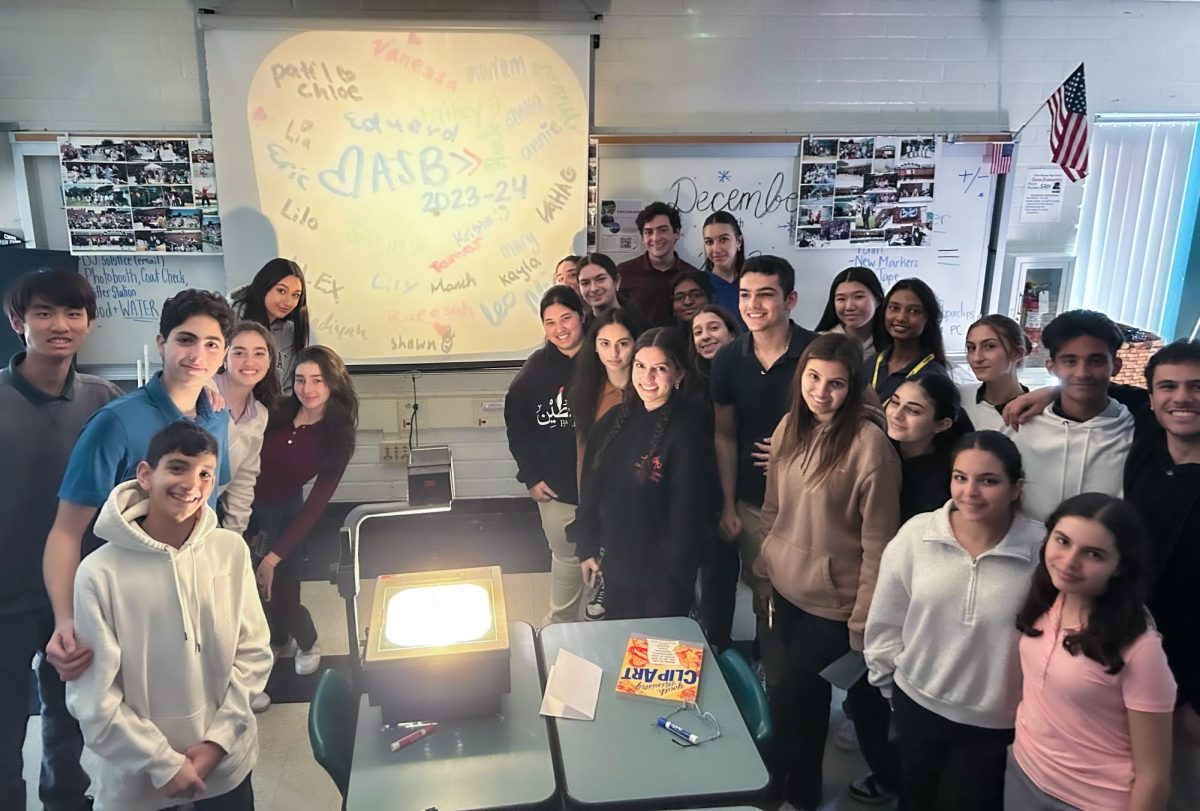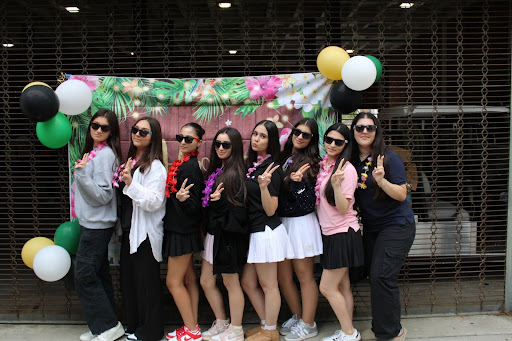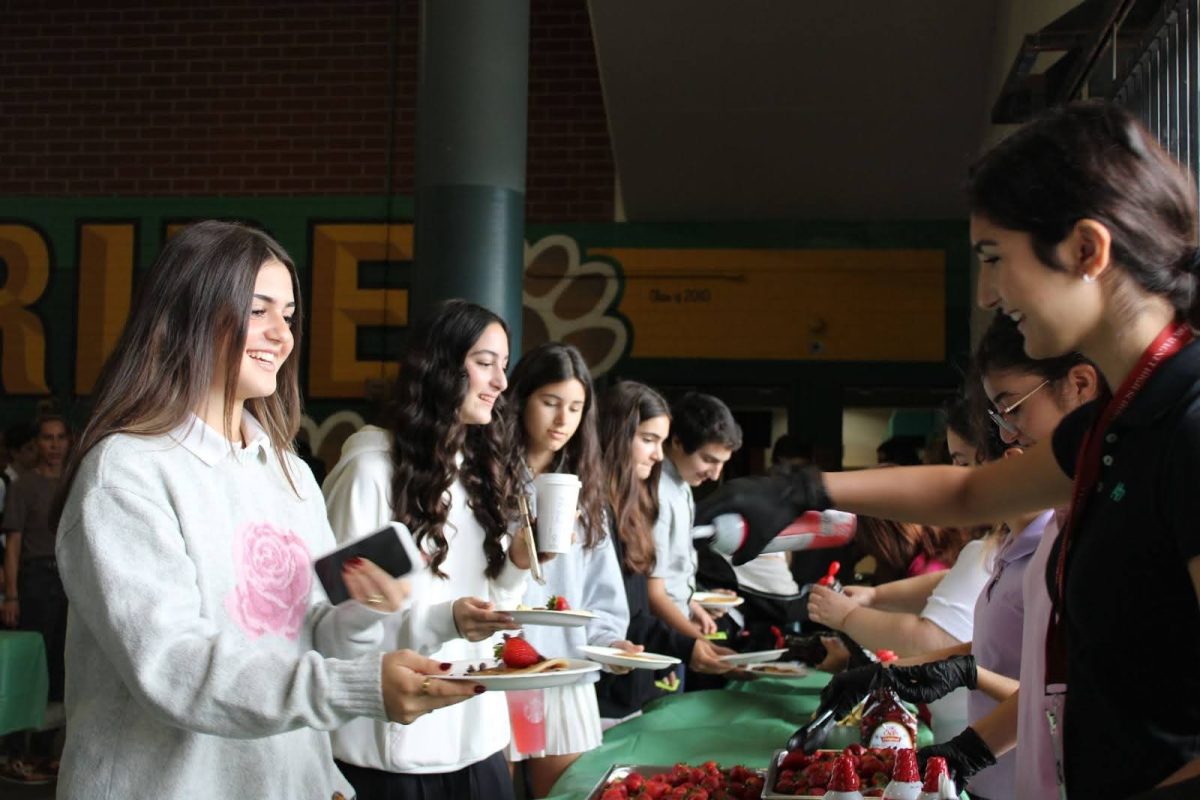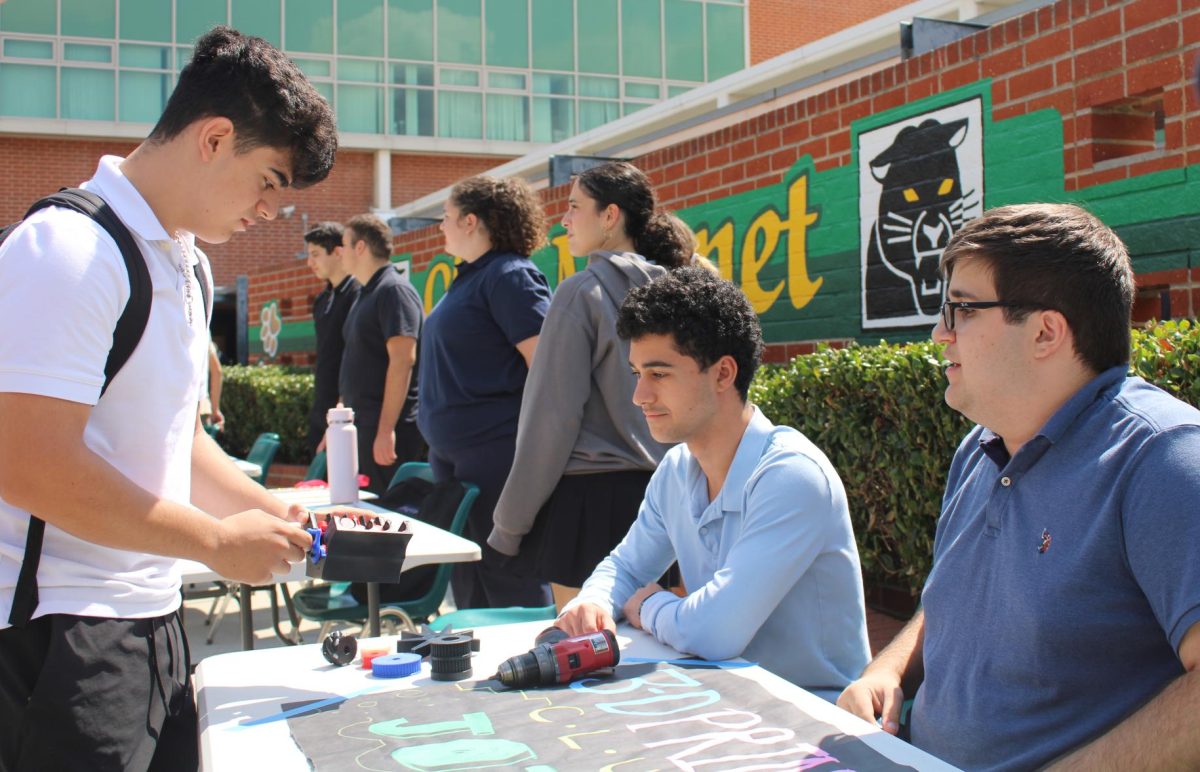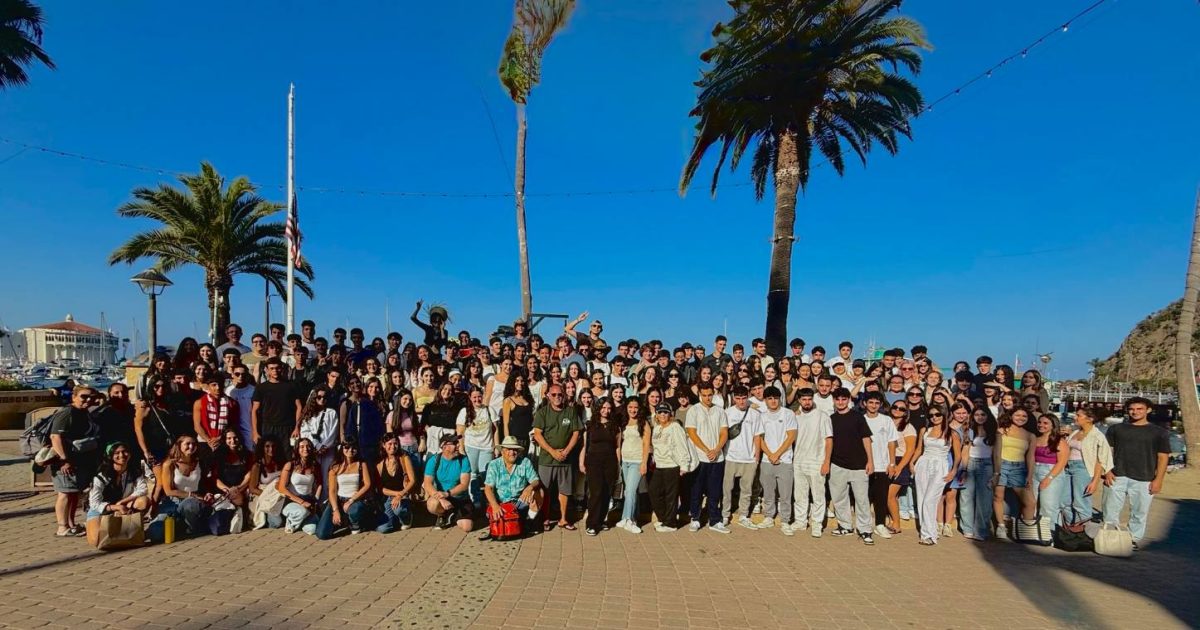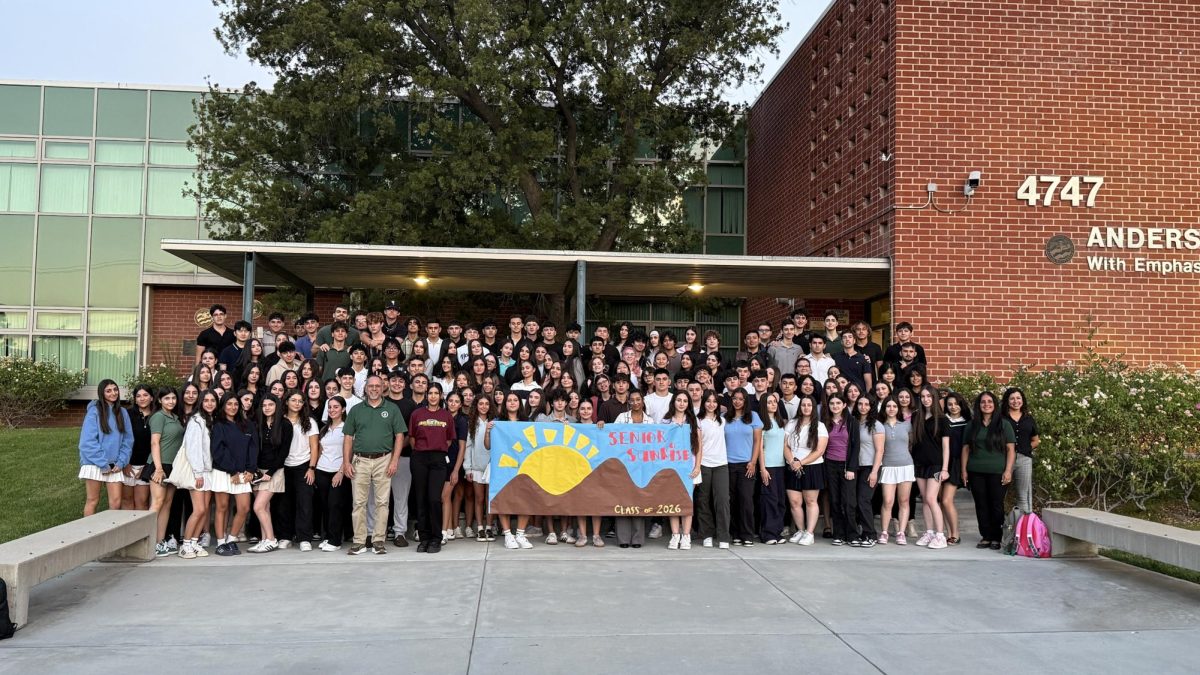Out of all the disasters that could have concluded the first semester of the 2023-2024 school year, having Clark’s and all of Glendale Unified School District’s cybersecurity breached by hackers was probably the least expected.
On December 6, 2023, what was thought to initially be a simple Wifi issue in the school quickly escalated to something much bigger as GUSD students, employees, families, and community members received an email discussing an investigation on a “cyber security incident impacting multiple district information technology systems.” GUSD members were soon told to take precautions and refrain from using GUSD-related accounts and devices, including Chromebooks, Google accounts, Parent and Student Connect, and more.
Although Clark is known for being a magnet school that heavily relies on technology with classes such as Tech-lit, Geographic Information System, Computer Science, Cinematography, Animation, and many more, students soon learned that nothing could stop Clark—not even a breach in their cybersecurity system and a treat involving ransomware. Classes went on, and so did finals (to the dismay of some students), and both teachers and students had to adapt to the old ways of schooling: one without readily-available modern technology. Final exams were taken on paper instead of Chromebooks with lock-down browsers, and homework assignments were written down in assignment books or post-its instead of the usual Google Classroom notification reminding students of their assignment due tomorrow at 11:59 pm.
Some classes were able to adapt more easily to these changes than others. Mr. Doom’s class, for example, has always taken a more traditional approach inside the classroom, with reading done from physical textbooks, tests and quizzes taken on physical paper, and assignments graded physically, first, on a teacher grade book and put into the electronic system later.
Classes like Advanced Comics had a slightly more difficult time adapting to life without internet connection, but soon adjusted just fine. Mr. Lockhart’s class was on tablets, but had to switch to traditional art with pencils, papers, and paints. “For our final, instead of preparing a portfolio like we usually do, we had to make a four-page comic all on paper. It was pretty difficult because none of us were really used to working traditionally, but it was a fun challenge and nice not to have my eyes strain from looking at my screen for so long,” senior Samantha Talbot said.
Other classes, such as Publications and ASB, had a productive approach with their days without electronic devices. Even though Publications was unable to adapt to the circumstances unlike other classes since their work is dependent on electronic articles and Newspaper/Yearbook templates on Adobe software applications, the students found a way to help out all teachers in the school by making and distributing paper enrichment passes to help keep schedules in order.
ASB took this opportunity to clean up the cabinets filled with props, equipment, and decor, and organize them in sections to make future projects easier to execute and prepare. With ASB unable to carry out meetings the usual way (using Google Docs and Sheets), the students accomplished meetings by using the whiteboard and keeping records on paper. “We found some old junk, but we found something else that was special. We found an old overhead projector, and before we decided if we should throw it out, we all had fun by writing all our names on the projector and taking pictures with the projected wall. It was a great bonding experience and showed us how much fun we can actually have without the internet,” ASB senior vice president Raeesah Alam said.
Besides the obvious inconvenience this security violation brought to the whole GUSD community, there might also have been some lessons to be learned through this experience. Being forced to continue school without the internet made most realize how dependent they were on the internet and electronic access. “Honestly, it took a minute to adjust, but it feels kind of nice to be forced to unplug. I’m seeing more students talk to their peers as opposed to being on their phones like they typically are. This random and unexpected incident taught us all to rely a little less on any one thing and have backup plans for how we can accomplish the things we need to, even with restrictions and limitations out of our own control,” Mrs. Tatevosian said.
Thankfully, most of the issue seems to be solved at the start of the new year, with most services being restored and only a few, such as Q Student and Parent Connection, needing further improvement.



